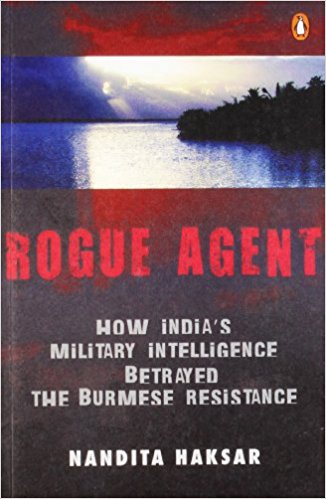The story of Burmese resistance to military junta’s oppressive rule and its democratic struggle has been chronicled by many scholars, journalists and activists from different perspectives and preferences. Though there is no single full-length book on India’s policy and practice towards the Burmese tragedy that received international attention only after the 1988 popular uprising against the military regime and the 1990 national elections when Daw Aung San Suu Kyi’s National League for Democracy (NLD) won overwhelmingly but was nullified by the regime, there exists some body of writings focussing essentially on the 180 degrees shift in the policies from a wholehearted ideological support to the democratic struggle to a pragmatic approach of embracing the regime. Most of these writings either condemn the Government of India for sacrificing its own democratic commitment in supporting a genuine struggle against an oppressive military junta, or endorse the dealings with the regime based on realpolitik and geopolitical considerations of securing its national interests, defined mainly in terms of countering China’s strategic depth and its overwhelming economic presence in Burma; cooperation of the Burmese military in defeating insurgency in our North-Eastern part and finally to get a share in their gas reserves to meet our rising energy demands to fuel the growing economy.
Nandita Haksar’s Rogue Agent, however, is a bit different from others in that it reveals the involvement of the Indian military intelligence in the formulation of our policy towards Burma and its sleazy dealings in betraying their resistance movement. Her account, borne out of her involvement in defending the case of thirty-six Burmese who were illegally kept as prisoners without trial in Port Blair and the investigations that followed, unfolds like a thriller set against the background of the gas-politics of the Indian Ocean. As her clients were mostly Arakans and Karens, the two ethnic groups among many others who have been waging their struggle against the majority Burmans dominating the central authority in the country, she also deals with the history of their separate identity and their fight for autonomy within a federal union that was agreed upon in the Panglong Conference of different nationalities in 1947 as a prelude to independence of the country in 1948, which was never respected by the successive regimes in Burma. She rightly argues that the democratic struggle in Burma needs to be understood within the broader context of the rights of the different ethnic groups that constitute Burma.

